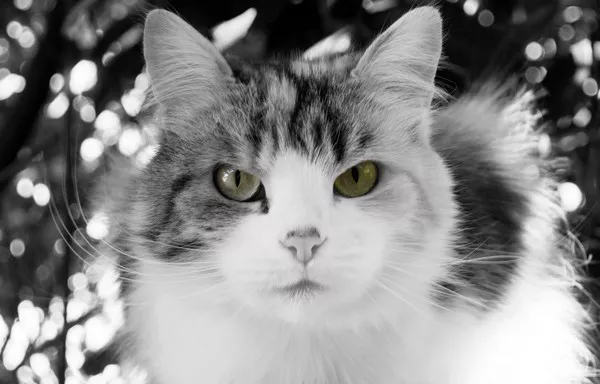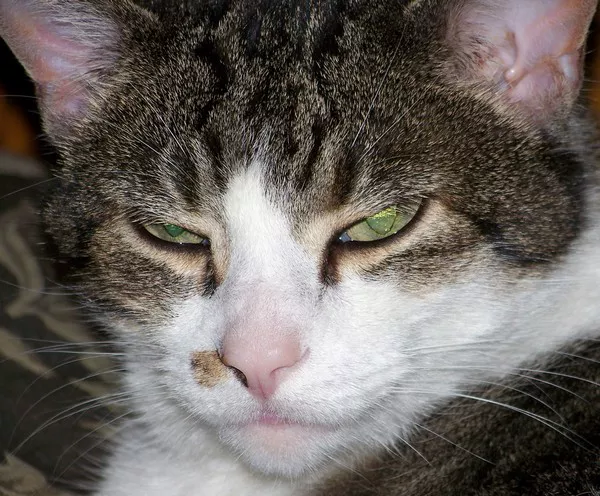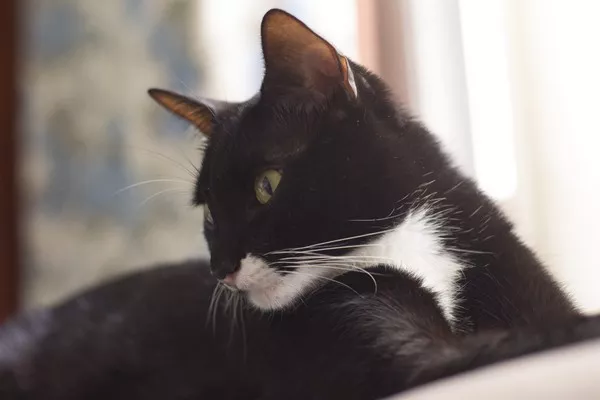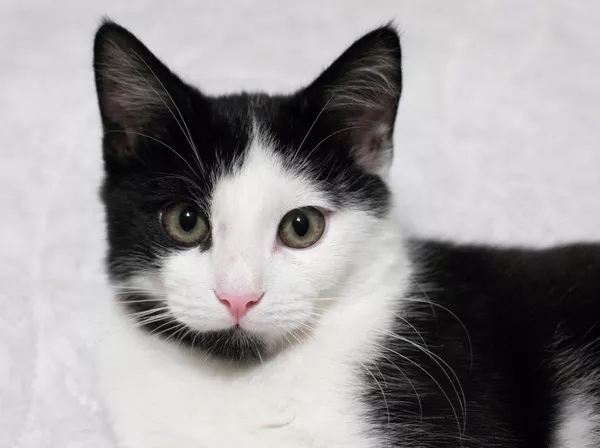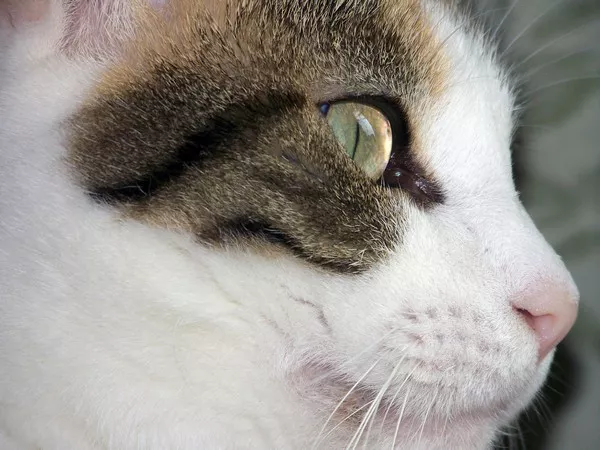Cats are known for their finicky eating habits, which can often lead to concerns for pet owners. A common question that arises is whether a healthy cat will starve itself if it doesn’t like the food being offered. This article delves into the intricacies of feline eating behaviors, the reasons behind food refusal, and whether a healthy cat would indeed starve itself. We will also explore strategies to ensure your cat maintains a healthy diet and what steps to take if your cat refuses to eat.
Understanding Feline Eating Behavior
Natural Instincts
Cats are obligate carnivores, meaning their natural diet consists primarily of meat. In the wild, they hunt and consume prey that provides the necessary nutrients. Domesticated cats, while still having these instincts, rely on their owners for food. Their natural hunting behaviors can influence their eating patterns, often preferring multiple small meals throughout the day rather than a single large meal.
Picky Eaters
Cats are known for being picky eaters, which can be attributed to their acute senses of smell and taste. They can detect even the slightest change in the smell or texture of their food, which can lead to refusal. Additionally, cats can develop strong preferences for certain types of food, making them resistant to changes in their diet.
Routine and Environment
Cats are creatures of habit and can be sensitive to changes in their routine or environment. A sudden change in the type or brand of food, feeding times, or the location of their food bowl can cause a cat to stop eating. Stressful situations, such as moving to a new home or the introduction of a new pet, can also impact a cat’s willingness to eat.
Reasons a Cat Might Refuse Food
Health Issues
One of the primary reasons a cat might refuse food is due to underlying health issues. Dental problems, gastrointestinal issues, infections, and chronic illnesses can cause a loss of appetite. It’s crucial to rule out any medical conditions if your cat suddenly stops eating.
Stress and Anxiety
Cats can experience stress and anxiety due to various factors, including changes in their environment, the presence of new animals or people, and disruptions in their routine. Stress can lead to a decrease in appetite and food refusal.
See Also: At What Age Do Cats Have Health Problems?
Food Preferences
Cats can develop strong preferences for certain types of food. If a cat has been eating a particular brand or flavor of food for a long time, it may refuse to eat if its preferred food is not available. Some cats are also sensitive to the temperature and texture of their food, which can affect their willingness to eat.
Boredom
Just like humans, cats can get bored with their food. Offering the same type of food every day can lead to food refusal. Introducing variety in your cat’s diet can help keep them interested and prevent them from becoming bored.
Will a Healthy Cat Starve Itself?
Short-Term Refusal
In most cases, a healthy cat will not starve itself. Cats might refuse to eat for a short period if they dislike the food being offered or if they are experiencing minor stress. However, healthy cats typically have strong survival instincts and will eventually eat when they become hungry enough.
Long-Term Refusal
While short-term food refusal is usually not a cause for concern, long-term refusal can lead to serious health issues. Cats that do not eat for an extended period are at risk of developing hepatic lipidosis, also known as fatty liver disease. This condition occurs when the body starts breaking down fat for energy, overwhelming the liver and leading to liver failure. Therefore, it’s essential to address prolonged food refusal promptly.
Survival Instincts
Cats have strong survival instincts and are unlikely to starve themselves to death if they are otherwise healthy. However, their finicky nature and sensitivity to changes in their diet and environment can lead to temporary food refusal. It’s crucial to monitor your cat’s eating habits and ensure they receive the necessary nutrients to maintain their health.
Strategies to Encourage Eating
Gradual Changes
If you need to change your cat’s food, do so gradually. Mix a small amount of the new food with the old food and gradually increase the proportion of the new food over several days. This gradual transition can help your cat adjust to the new food and reduce the likelihood of refusal.
Flavor Enhancers
Adding flavor enhancers, such as tuna juice or low-sodium chicken broth, can make your cat’s food more appealing. Additionally, warming the food slightly can enhance its aroma and make it more enticing for your cat.
Consistency
Maintain a consistent feeding schedule and environment to help reduce stress and anxiety. Feed your cat at the same times each day and in the same location. Consistency can help your cat feel more secure and willing to eat.
Offer Variety
Introduce variety into your cat’s diet by offering different flavors and textures of food. This can help prevent boredom and keep your cat interested in their meals. However, avoid sudden changes and always transition gradually to new foods.
Monitor Health
Regular veterinary check-ups are essential to monitor your cat’s health and address any underlying issues that may affect their appetite. If your cat refuses to eat for more than 24 hours or shows signs of illness, consult your veterinarian immediately.
When to Seek Veterinary Help
Signs of Illness
If your cat shows signs of illness, such as vomiting, diarrhea, lethargy, or noticeable weight loss, seek veterinary help immediately. These symptoms can indicate underlying health issues that require prompt attention.
Prolonged Refusal
If your cat refuses to eat for more than 24-48 hours, consult your veterinarian. Prolonged food refusal can lead to serious health issues, and it’s essential to address the problem early to prevent complications.
Behavioral Changes
Changes in behavior, such as increased hiding, aggression, or excessive grooming, can indicate stress or anxiety. If these changes accompany food refusal, consult your veterinarian to identify and address the underlying cause.
Conclusion
A healthy cat will not typically starve itself, but prolonged food refusal can lead to serious health issues. Understanding your cat’s natural eating behaviors, preferences, and the potential reasons for food refusal can help you address the problem effectively. By maintaining a consistent routine, offering variety, and monitoring your cat’s health, you can ensure your feline friend receives the necessary nutrients to thrive. Always consult your veterinarian if you have concerns about your cat’s eating habits or overall health.



